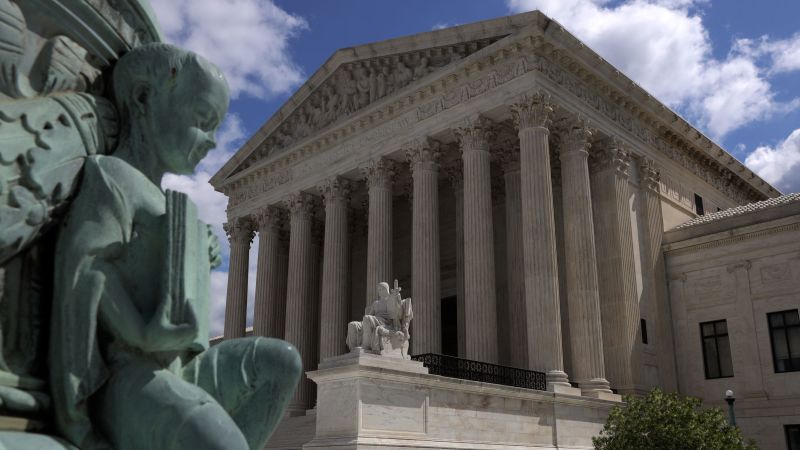In a significant development, the Supreme Court has agreed to revisit a lawsuit filed by the families of Holocaust survivors seeking compensation from Hungary and a state-run railway for property seized from Jewish victims in the 1940s.
The case raises questions about the extent to which parties must demonstrate a commercial connection to the United States in order to bring their case to US courts regarding property seized during World War II.
This is not the first time the high court has addressed this issue. In 2021, the Supreme Court overturned lower court decisions that had favored Holocaust victims in similar cases.
Under federal law, foreign governments are typically granted immunity from lawsuits, with exceptions in cases where property was taken in violation of international law and has a “commercial nexus” with the United States. A court in Washington, DC, ruled in favor of the plaintiffs in this case.
The current cases are on appeal from a Washington appeals court, which ruled in favor of the plaintiffs in one case and in favor of Hungary in the other.











